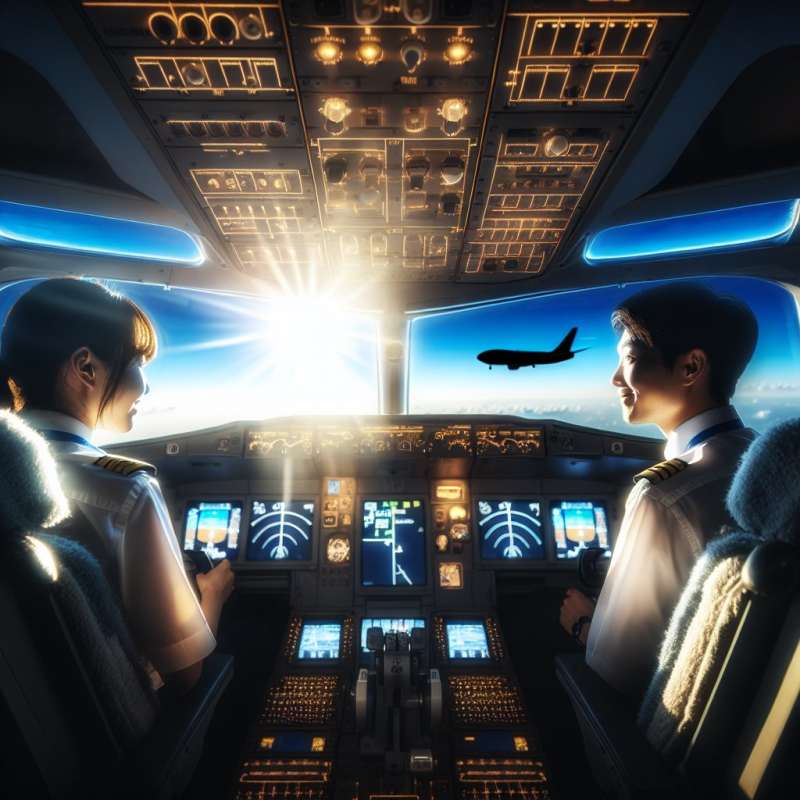
Introduction to Autopilot
Autopilot technology revolutionizes flight by managing tasks without constant pilot input. It increases safety and efficiency, particularly in modern long-haul aircraft like the Boeing 777.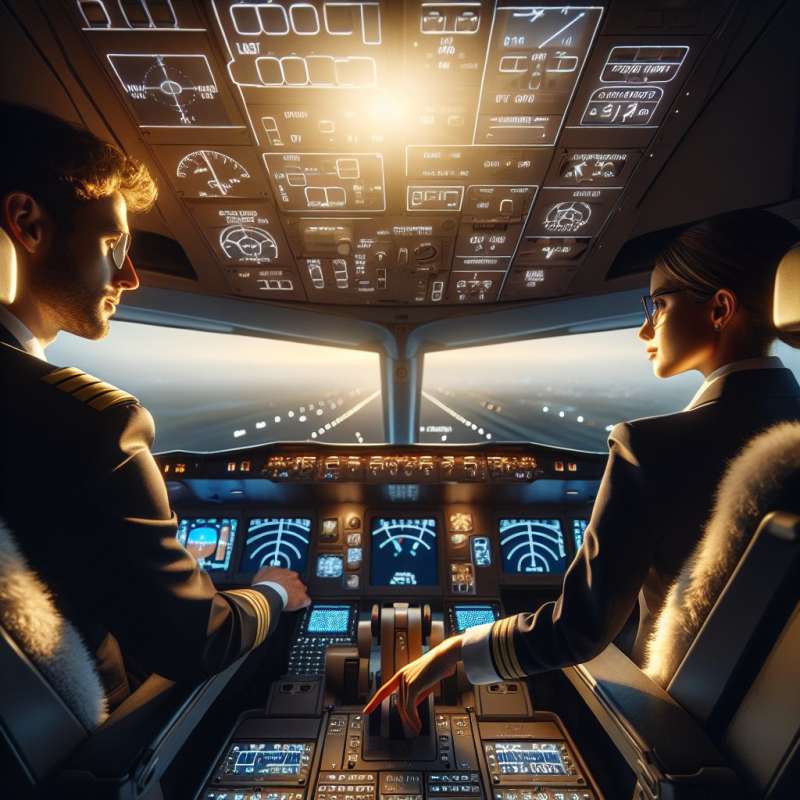
Boeing 777 Autopilot Capabilities
The 777's sophisticated autopilot can control altitude, speed, and direction. It's capable of 'auto-land' in reduced visibility, relying on Instrument Landing Systems for precision.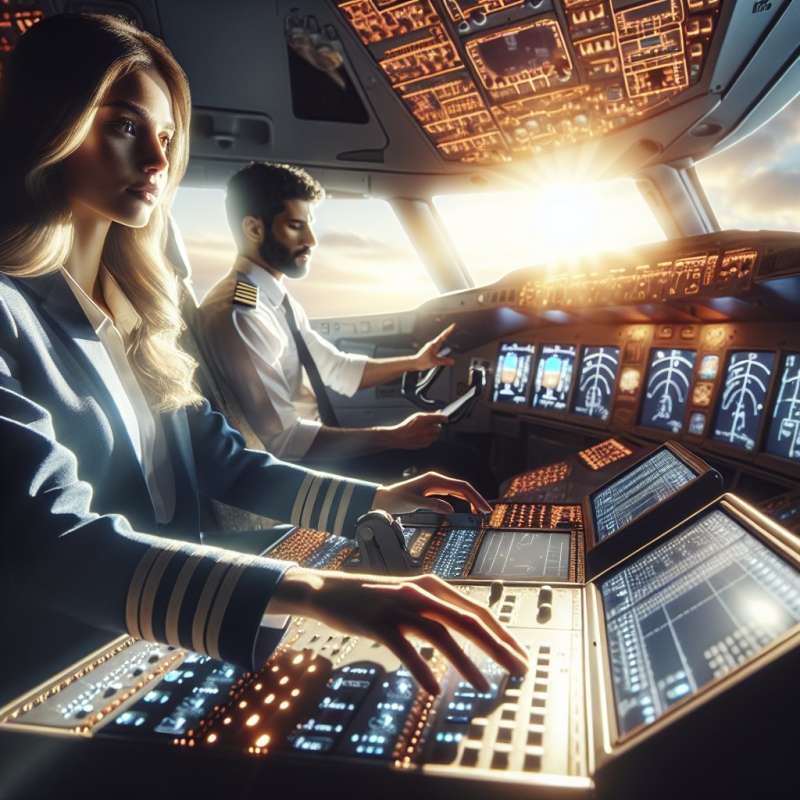
Triple Redundant Systems
Safety in redundancy: Boeing 777 features three autopilot systems. In an unlikely failure, two backups remain, making it one of the most reliable in the industry.
Autopilot in Emergencies
Unexpectedly, autopilots are not designed for all emergency scenarios. Pilots must sometimes manually override to address unpredictable conditions, proving the irreplaceable value of human judgment.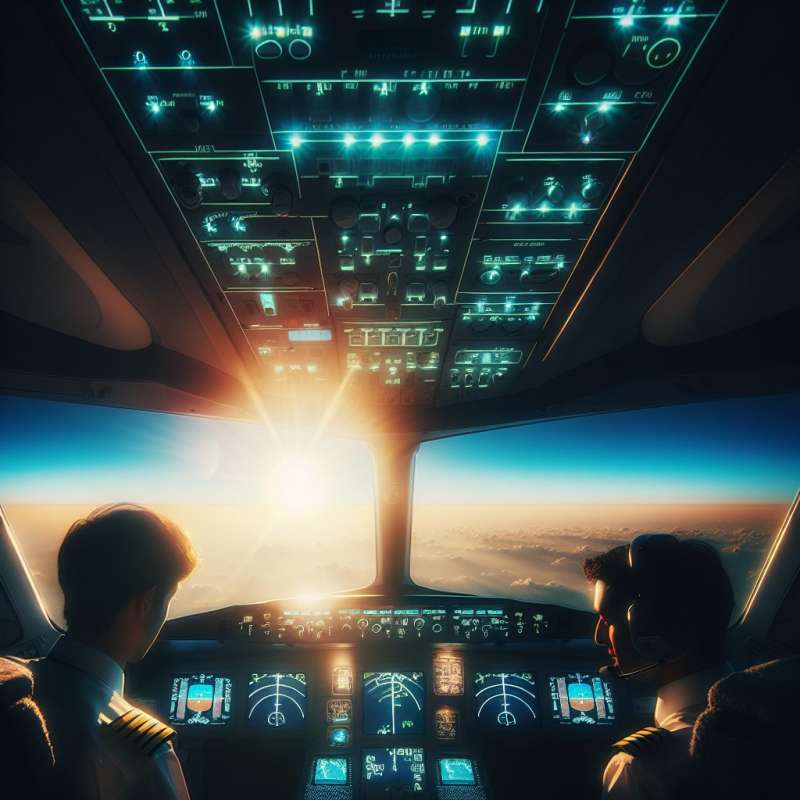
Etihad Flight 927 Case
On Etihad Flight 927, the 777's autopilot navigated severe turbulence by executing calculated, rapid adjustments, surpassing human reaction capabilities and maintaining a safe, controlled flight.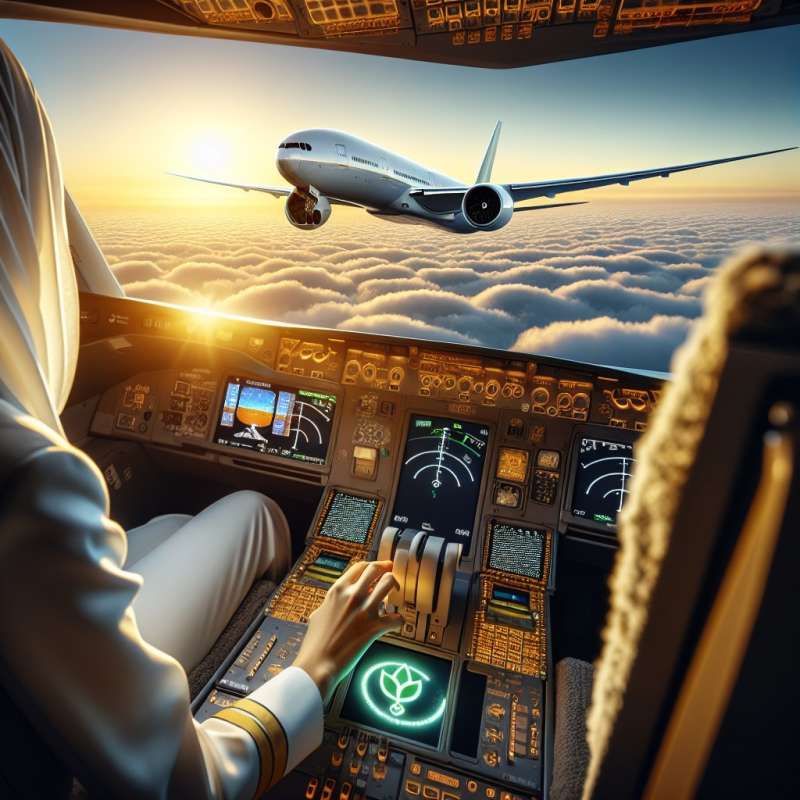
Fuel Efficiency and Autopilot
Autopilot contributes to fuel conservation in the 777 by optimizing flight paths and maintaining precise speeds, reducing overall environmental impact and operational costs.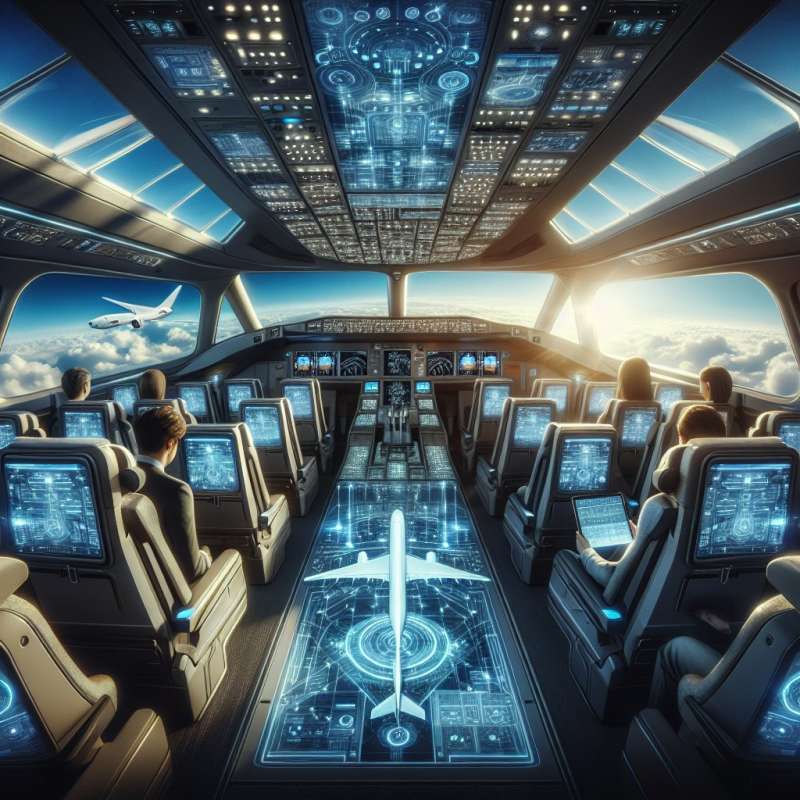
Future of Autopilot Systems
Autonomous flying is on the horizon. With advancements in AI, future Boeing 777 upgrades could see fully automated flights, transforming the aviation landscape even further.
What does autopilot increase in flight?
Passenger entertainment options
Safety and efficiency
Flight attendants' workload
Company